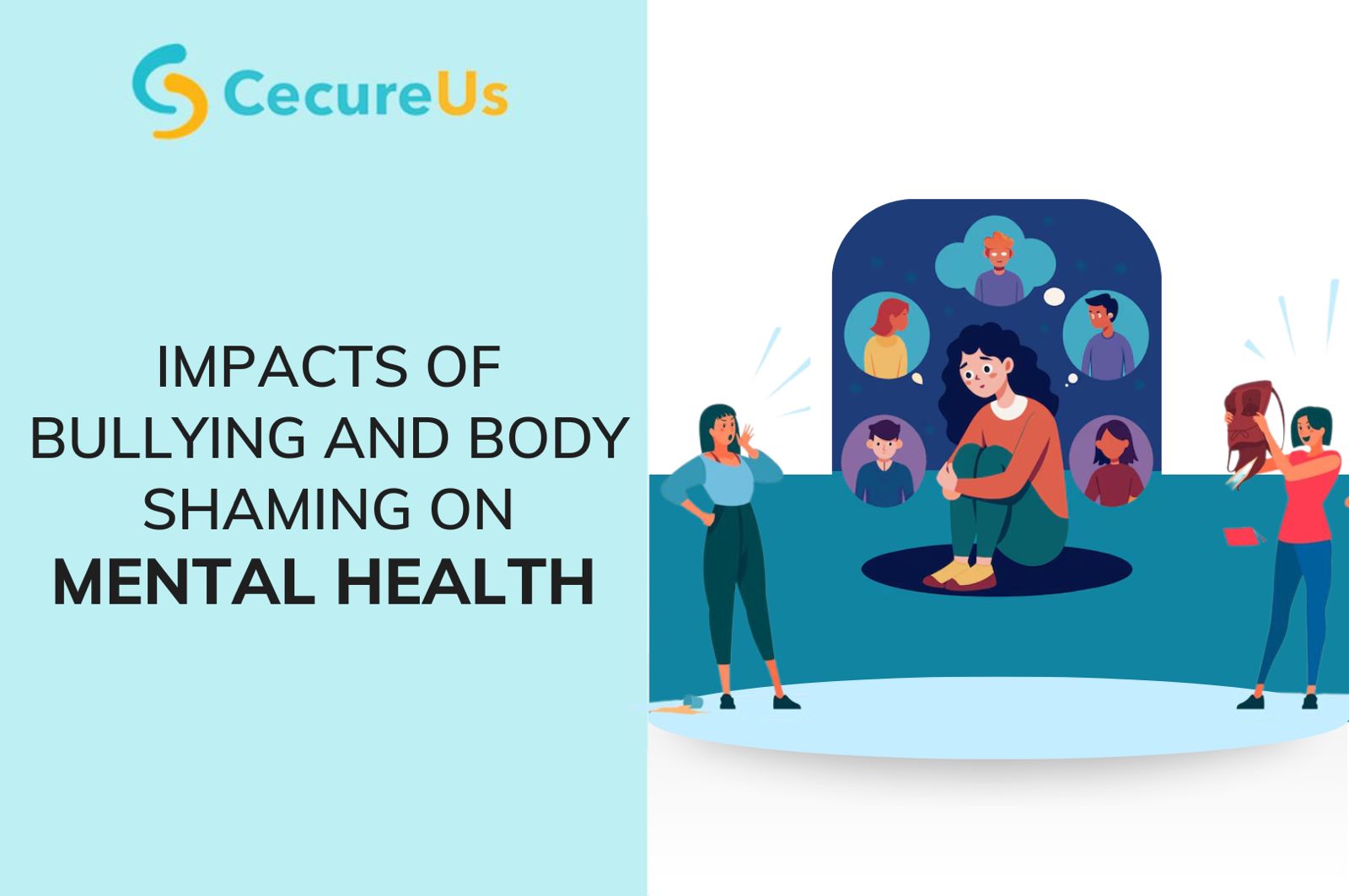
02 Oct Impacts of Bullying and Body Shaming on Mental Health
Introduction
In the modern workplace, where professionalism and collaboration are expected, the harsh realities of bullying and body shaming can still rear their ugly heads, creating a toxic environment that significantly impacts employees’ mental health. These behaviors, whether subtle or overt, undermine individuals’ confidence, leading to increased stress, anxiety, and even depression.
Let us delve into the serious consequences of bullying and body shaming at work and discuss strategies to cultivate a workplace that prioritizes respect, inclusion, and mental well-being.
Statistics on Bullying and Body Shaming in India
- Bullying and body shaming are pervasive issues in workplaces worldwide, and India is no exception. According to a study by the Indian National Bar Association, nearly 38% of employees in India reported experiencing some form of workplace bullying.
- Moreover, a survey conducted by Monster India found that 60% of employees believe body shaming is prevalent in their workplace, significantly affecting mental health and overall job satisfaction.
- These alarming statistics highlight the urgent need for organizations to address these harmful behaviors and create a safe and supportive work environment for all employees.
Recent Incident in India
- Recently, a tragic incident shook India when a young banker took their own life, allegedly due to workplace harassment, including bullying and body shaming. This heartbreaking event underscores the critical importance of addressing these issues within our organizations.
- It’s essential for us to learn from this incident and understand the profound impact workplace culture can have on an individual’s mental health.
What is Bullying and Body Shaming?
Bullying at work can manifest as verbal abuse, such as harsh criticism or insults aimed at undermining an employee's confidence. It can also include intimidation tactics like making threats about job security or using aggressive body language to dominate. Employees may face exclusion through being deliberately ignored in meetings or left out of important communications, and their work might be undermined through sabotage or having credit for their achievements stolen.
Body shaming involves making unsolicited comments about someone’s weight or appearance, criticizing their clothing choices, or mocking physical features. This can lead to damaging assumptions about their capabilities and affect their self-esteem, creating a hostile and toxic work environment.
How Managers Can Assist
Managers play a crucial role in setting the tone for a respectful workplace. Here are some steps managers can take to assist
- First, foster an open-door policy. Encourage employees to speak up about any issues they face and assure them that their concerns will be
taken seriously. - Second, provide training on recognizing and addressing bullying and body shaming. Equip your team with the skills to intervene appropriately and support affected employees.
- Finally, lead by example. Demonstrate empathy and respect in all interactions and actively promote a culture of inclusivity.
How Peers Can Assist
Peers also have a vital role in creating a supportive work environment:
- Stand up against bullying. If you witness a colleague being bullied or body-shamed, offer your support and report the behavior to HR or
management. - Offer a listening ear. Sometimes, just being there for someone can make a huge difference. Let your colleagues know you’re available to talk if
they need it. - Encourage seeking help. Suggest professional support or counseling if you notice a colleague struggling with the emotional impact of
harassment.
Conclusion: The Importance of a Supportive Workplace
Creating a supportive workplace is everyone’s responsibility. By addressing bullying and body shaming, we can help prevent tragedies and ensure a
healthier environment for all employees. For counseling support, visit my website or call my helpline at 1800-121-9497. Remember, you’re not alone, and help is always available. See you next time!

